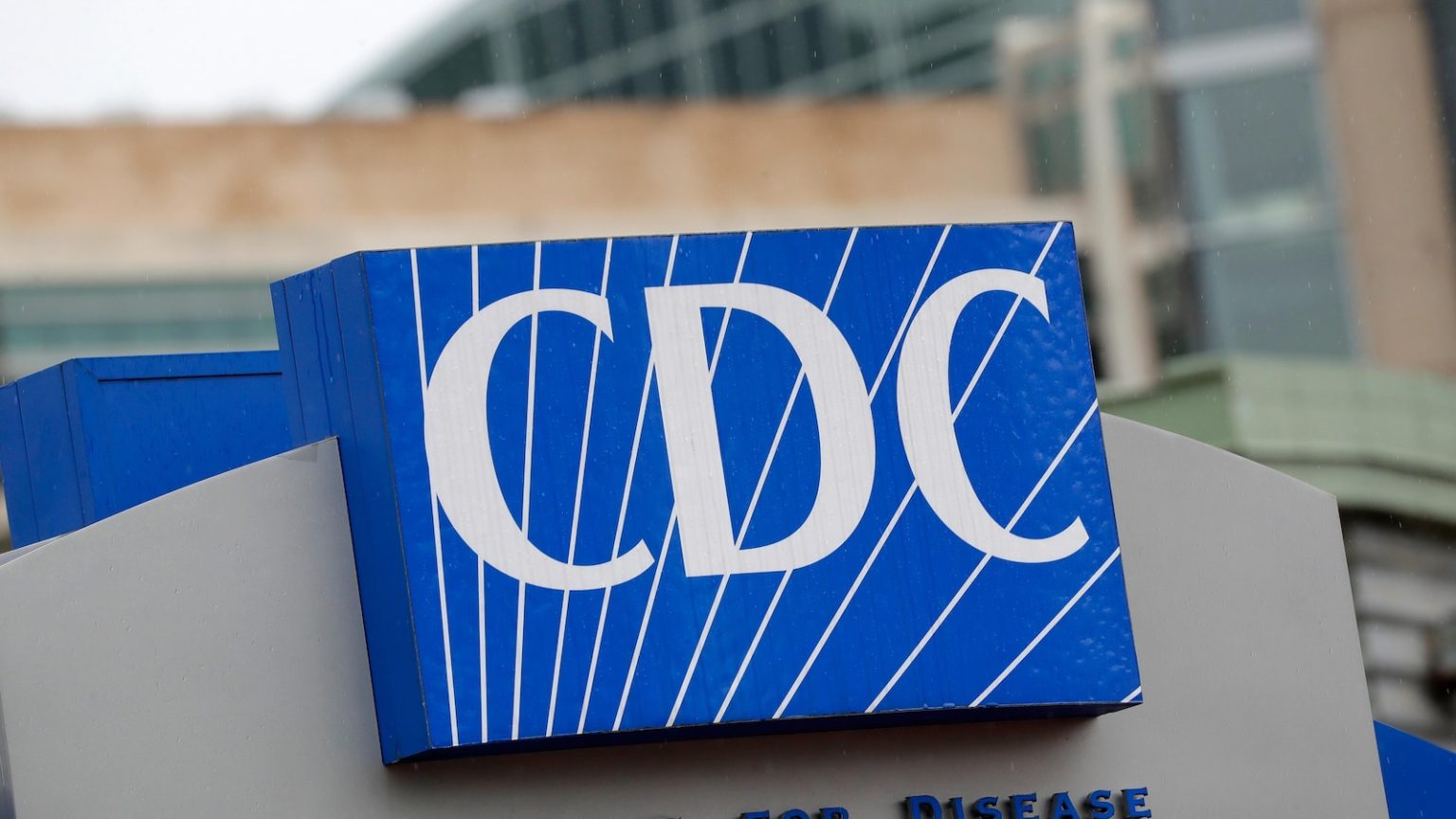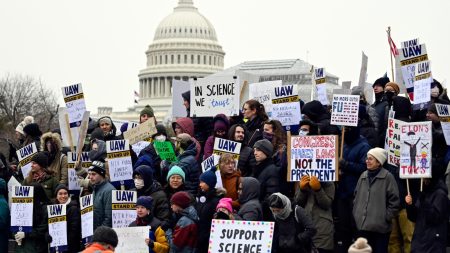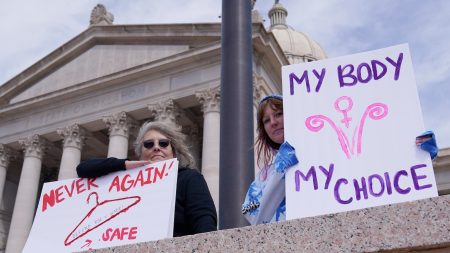Mass Layoffs Hit CDC as Trump Administration Targets Probationary Employees
In a move that has sent shockwaves through the public health community, the Centers for Disease Control and Prevention (CDC) is set to lose nearly 1,300 probationary employees—approximately one-tenth of its workforce. This decision, imposed by the Trump administration, aims to eliminate all probationary employees across federal agencies. The Atlanta-based CDC, a globally renowned institution for disease control and public health, was informed of this directive during a meeting with the U.S. Department of Health and Human Services (HHS) on Friday morning. A federal official, who spoke to the Associated Press on condition of anonymity, confirmed the details of the meeting and the sweeping nature of the cuts.
The affected employees, who are set to receive four weeks of paid administrative leave, are part of a workforce that has long been at the forefront of protecting Americans and global communities from health threats. With a core budget of $9.2 billion, the CDC employs approximately 13,000 people, including over 2,000 staff members working internationally. The agency is known for its scientific expertise, with 60% of its employees holding advanced degrees such as master’s or doctorates. Despite their qualifications, most of these employees are not represented by unions, leaving them vulnerable to sudden policy changes like this one.
The Human Toll: Uncertainty and Disruption for CDC Employees
The layoffs, while targeting probationary employees, have created widespread uncertainty and disruption within the CDC. Probationary periods are not only for new hires but also apply to veteran employees who have recently taken on new roles, such as promotions to management positions. This means that even long-serving staffers could be caught up in the cuts, adding to the sense of instability. The federal official noted that it is unclear when individual workers will receive their notices, further heightening the anxiety for those affected.
For the nearly 1,300 employees facing termination, the four weeks of paid administrative leave offer little consolation. The sudden loss of employment, especially in a field as critical as public health, raises concerns about the impact on these workers and their families. Moreover, the abrupt nature of the decision has left many questioning the future of the CDC’s mission and its ability to respond to ongoing and emerging health threats.
A Blow to the CDC’s Mission and Global Standing
The CDC, long regarded as a global leader in disease control and public health, is facing an unprecedented challenge to its operations. The agency’s workforce is composed of some of the world’s top scientists and experts, and the loss of such talent could have far-reaching implications. From responding to outbreaks to conducting critical research, the CDC’s work is vital to safeguarding public health both domestically and internationally.
The layoffs could not come at a more precarious time. The CDC is currently grappling with several major health challenges, including the ongoing COVID-19 pandemic, the resurgence of measles, and the growing threat of antimicrobial resistance. Reducing the agency’s workforce by 10% could severely hamper its ability to address these issues effectively. Additionally, the cuts threaten to undermine the CDC’s global reputation as a reliable source of health information and expertise.
Reaction and Outrage: A Call to Reconsider
The news of the layoffs has sparked widespread outrage and concern among public health advocates, scientists, and lawmakers. Many have criticized the Trump administration’s decision, arguing that it undermines the CDC’s ability to fulfill its critical mission. The timing of the cuts, coming amidst a global health crisis, has only intensified the backlash.
Employees within the CDC are also reeling from the announcement. While the agency’s leadership has yet to publicly comment on the matter, internal communications are said to reflect a sense of dismay and frustration. The sudden and sweeping nature of the layoffs has left many workers feeling undervalued and betrayed, particularly given the CDC’s reputation as a prestigious and mission-driven organization.
The Broader Implications: A Dangerous Precedent
The layoffs at the CDC are part of a broader effort by the Trump administration to eliminate probationary employees across federal agencies. This move has raised concerns about the future of the federal workforce and the impact on critical government functions. By targeting probationary employees, the administration is effectively undoing years of recruitment and training efforts, leaving agencies like the CDC with significant gaps in expertise and experience.
The decision also sets a dangerous precedent for the treatment of federal employees. If probationary workers can be terminated en masse without clear justification, it sends a chilling message to all government workers about job security and the value of their contributions. This could have long-term consequences for morale, recruitment, and retention across the federal workforce.
A Call for Transparency and Accountability
As the CDC faces this unprecedented challenge, there is a growing demand for transparency and accountability from the Trump administration. Lawmakers, public health experts, and advocacy groups are urging the administration to reconsider the layoffs and provide a clear rationale for this decision. They argue that such sweeping cuts to the CDC’s workforce are not only misguided but also potentially harmful to public health.
The situation at the CDC serves as a stark reminder of the importance of a stable and skilled federal workforce. While the administration has framed the layoffs as part of a broader effort to streamline government operations, the impact on agencies like the CDC speaks to a larger issue of prioritizing political agendas over public health. As the nation continues to navigate complex health challenges, the ability of the CDC to respond effectively depends on maintaining a robust and dedicated workforce. The stakes could not be higher.















